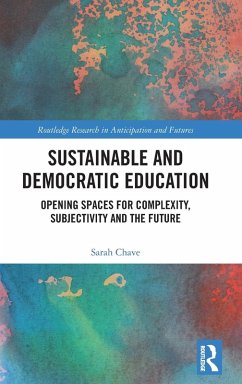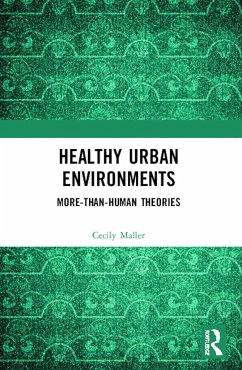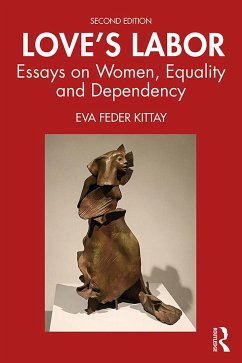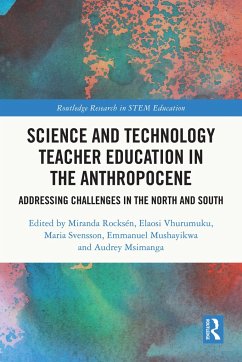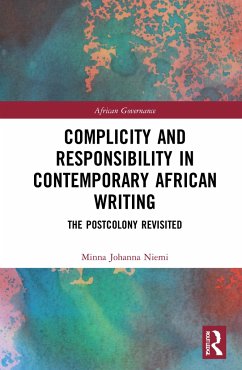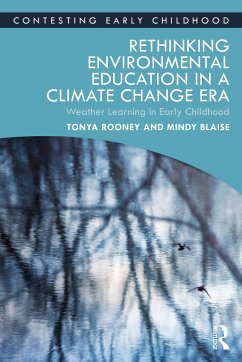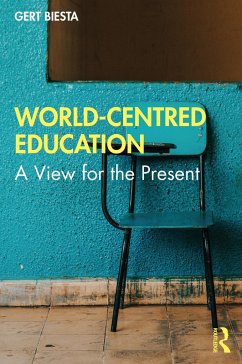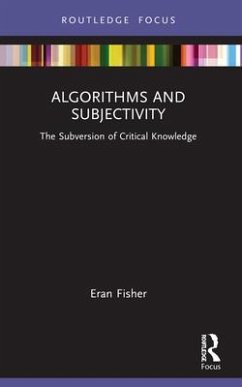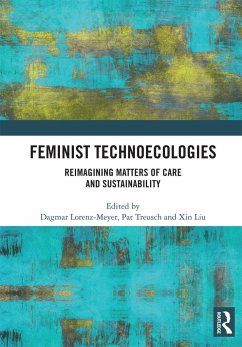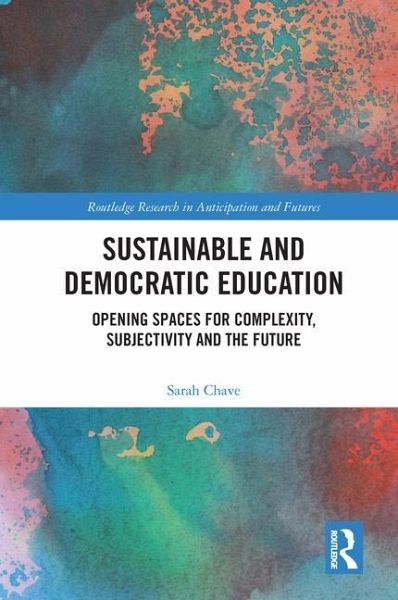
Sustainable and Democratic Education
Opening Spaces for Complexity, Subjectivity and the Future
Versandkostenfrei!
Versandfertig in 6-10 Tagen
45,99 €
inkl. MwSt.
Weitere Ausgaben:

PAYBACK Punkte
23 °P sammeln!
In a world struggling with environmental and social problems resistant to current solutions, education needs to explore ways to 'enlarge the space of the possible' rather than only 'replicate the existing possible'. To respond to this challenge, this book troubles dominant Western philosophical conceptions which continue to have wide-ranging influence in education worldwide and which limit more sustainable ways to be in the world together. It argues for the importance of opening spaces in and through which unique subjects can emerge, bringing potential for new ways of being and as yet unimagin...
In a world struggling with environmental and social problems resistant to current solutions, education needs to explore ways to 'enlarge the space of the possible' rather than only 'replicate the existing possible'. To respond to this challenge, this book troubles dominant Western philosophical conceptions which continue to have wide-ranging influence in education worldwide and which limit more sustainable ways to be in the world together. It argues for the importance of opening spaces in and through which unique subjects can emerge, bringing potential for new ways of being and as yet unimagined futures.
The book makes a valuable contribution to international growing interest in Arendtian thinking, complexity and emergence, feminist thinking, the emerging field of anticipation studies, the posthuman and engagement with Indigenous scholarship and practices in ways which attempt to be non-appropriating. Sustainability continues to be a vital theme in education, and the book responds to a desire to encourage education which invites more sustainable processes and ways of being in addition to education which limits itself to teaching about, or for, sustainability.
Sustainable and Democratic Education will be of great interest to academics and practitioners working with sustainability, Indigenous scholarship, complexity theory and the posthuman and what these ideas can mean in and for education.
The book makes a valuable contribution to international growing interest in Arendtian thinking, complexity and emergence, feminist thinking, the emerging field of anticipation studies, the posthuman and engagement with Indigenous scholarship and practices in ways which attempt to be non-appropriating. Sustainability continues to be a vital theme in education, and the book responds to a desire to encourage education which invites more sustainable processes and ways of being in addition to education which limits itself to teaching about, or for, sustainability.
Sustainable and Democratic Education will be of great interest to academics and practitioners working with sustainability, Indigenous scholarship, complexity theory and the posthuman and what these ideas can mean in and for education.





